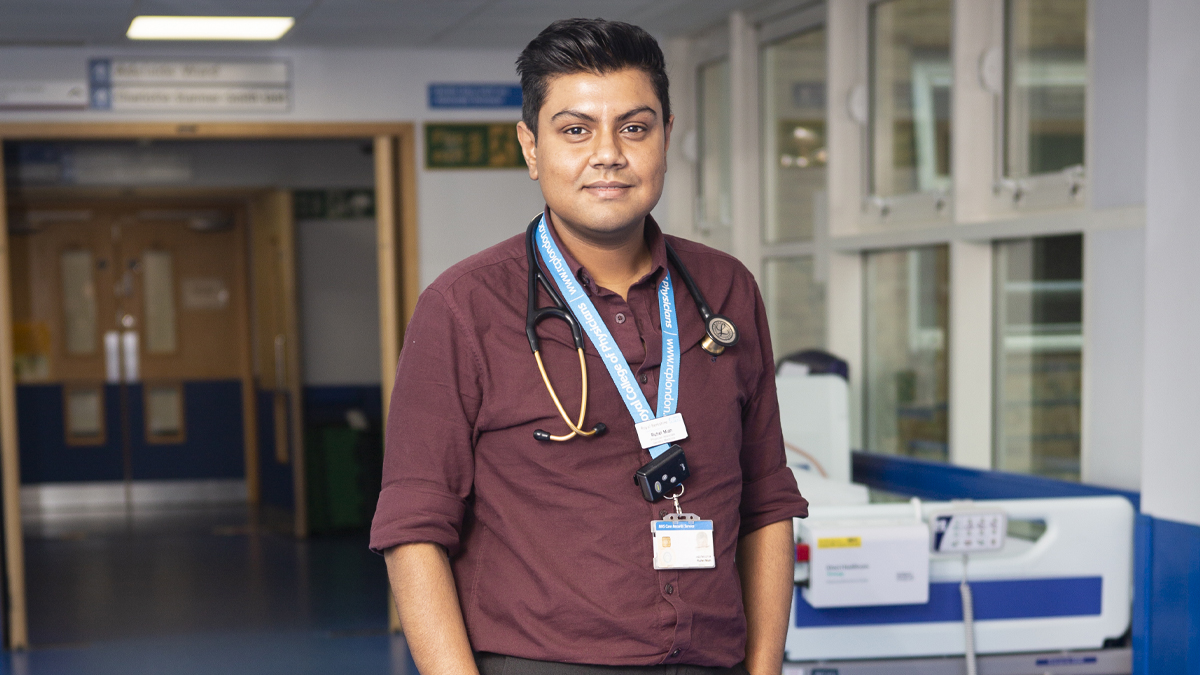
Physician associates work directly under the supervision of a doctor and do many of the same tasks as doctors, such as patient examination, diagnosis, treatment, and care. Throughout your career, you will be supervised by a clinical supervisor, either a consultant or a general practitioner.
You’ll be part of a medical team and will often work in general practitioner (GP) surgeries or hospitals as part of a medical team.
This is a relatively new job in the United Kingdom that is expanding and growing with time.
Responsibilities
Throughout your apprenticeship, you may help:
- take medical histories
- examine patients
- diagnose and make referrals
- create a healthcare management plan
- take part in clinics
- perform medical procedures
- treat and advise patients with chronic or long term health conditions
- give advice on keeping healthy and promote wellbeing.
Salary
- Preceptorship posts that support newly qualified physician associates with the transition to the workplace typically start at around £32,306 (Band 6) Agenda for Change (AfC) Pay Rates.
- Following your preceptorship year, you will usually be employed on Band 7, starting at £40,057 and rising to £45,839 based on your skills and experience.
- Experienced (higher-level) physician associates may earn between £47,126 and £53,219 (Band 8a). You will usually need at least five years’ experience and a relevant Masters degrees for these roles.
Working hours
You can expect to work 37 to 42 hours per week. Working hours can vary and you’ll be expected to be flexible. You may be required to work shifts, which can include out of hours, nights and weekends.
Working environment
You could work in an NHS or private hospital or at a health centre.
Your working environment may be physically and emotionally demanding.
You may need to wear a uniform.
Qualifications
Qualifications you can achieve as an apprentice physician associate include:
- Level 7 Physician Associate – Entry requirements for this level include 4 or 5 GCSEs at grades 9 to 4 (A* to C) and A levels, or equivalent, for a higher or degree apprenticeship. This qualification will take 30 months to complete.
Skills
On a physician associate apprenticeship, you’ll learn:
- knowledge of medicine
- knowledge of biology
- sensitivity and understanding
- the ability to understand people’s reactions
- active listening skills
- to be thorough and pay attention to detail
- the ability to work well with others
- the ability to accept criticism and work well under pressure
- to be able to use a computer and the main software packages competently.
Employers
The majority of physician associates work in general practice, acute (internal) medicine or emergency medicine.
You could be employed in:
- GP surgeries
- hospitals (both NHS and private)
- health centres
- psychiatry services
- rehabilitation facilities.
Professional development
During your first year following graduation, you will participate in a preceptorship, which will give structured guidance and on-the-job training to aid you in transitioning from student to professional. In addition, you will be given a supervisor and will be able to work independently with their help. You will also be allocated a mentor to help you improve your clinical and professional skills and encourage you to choose a specialisation.
To maintain your position on the Physician Associate Managed Voluntary Register, you must complete 50 hours of continuing professional development (CPD) each year, as required by the Faculty of Physician Associates (FPA) (PAMVR).
You must recertify every six years to remain on the register.
Career prospects
As a physician associate, your success and growth will be defined by your developing grasp of specialities and basic medical expertise.
With experience and more study, you may become established in one specialised health profession, but you must keep a broad medical knowledge. This keeps you up to date and enables you to provide generalist experience to highly specialised teams. Your broad medical knowledge also gives you additional career freedom by allowing you to switch between specialities. Mental health and paediatric care are examples of specialities.
Even though this is a new job, there are opportunities for promotion to management, teaching, or research as you gain experience.
